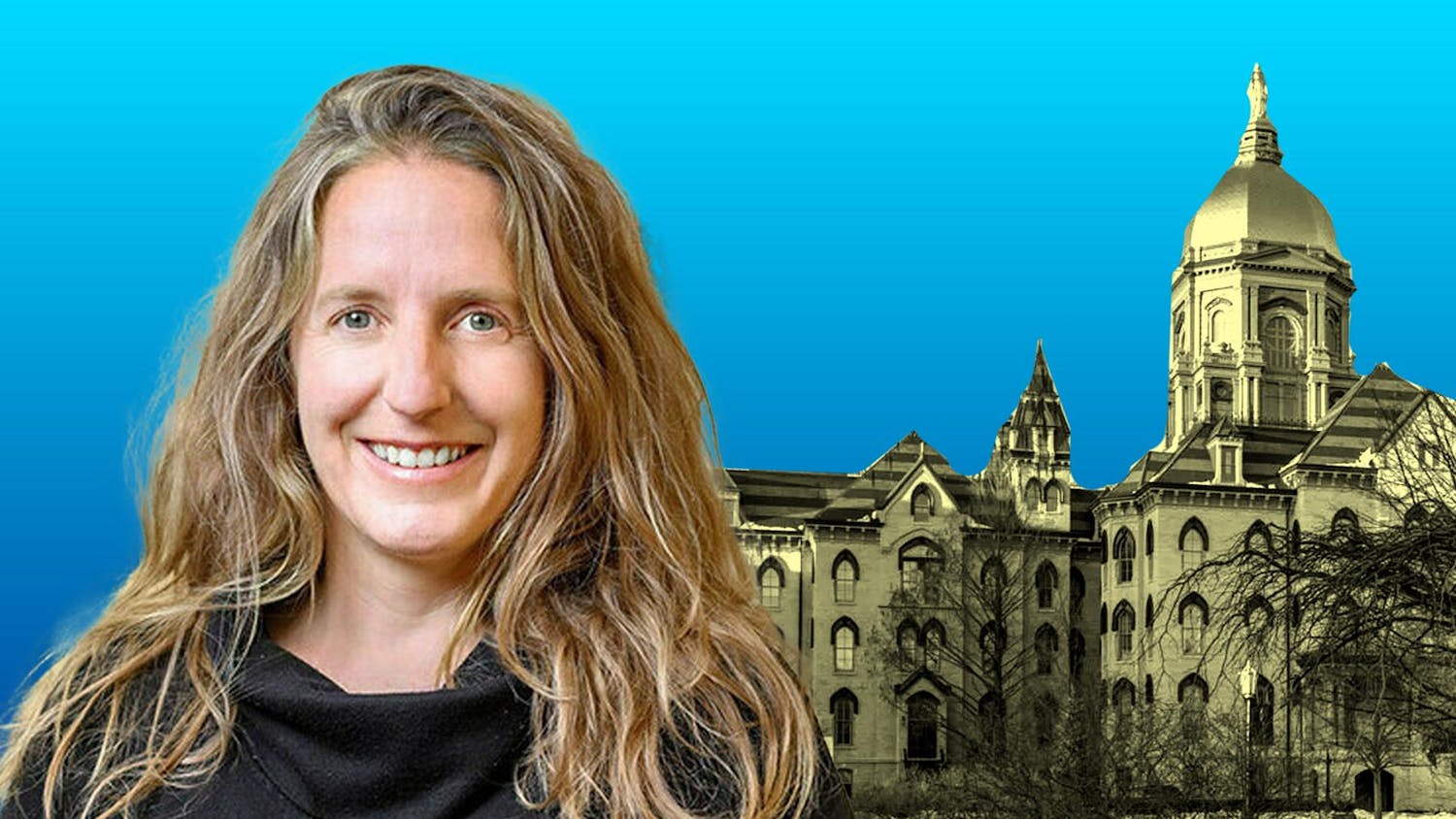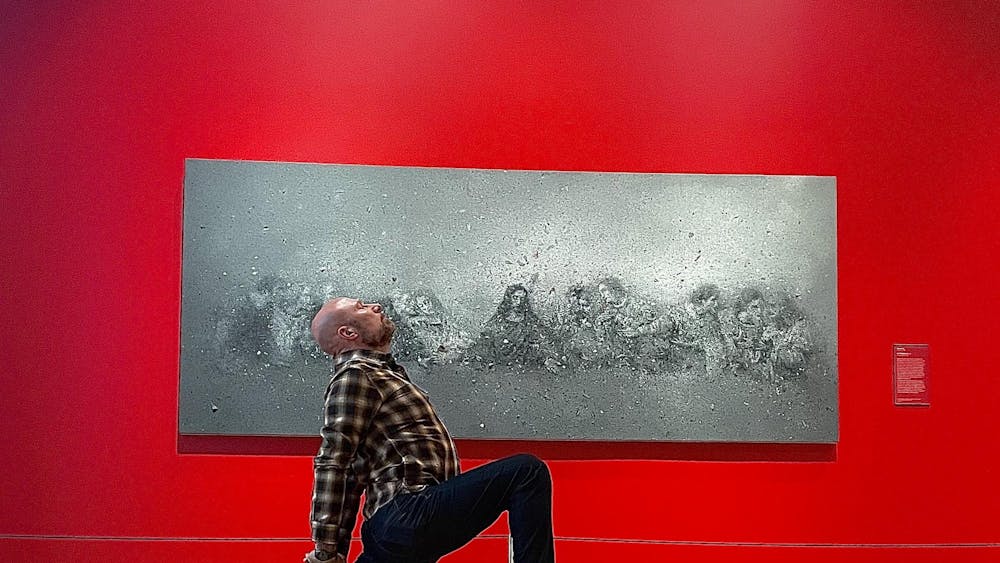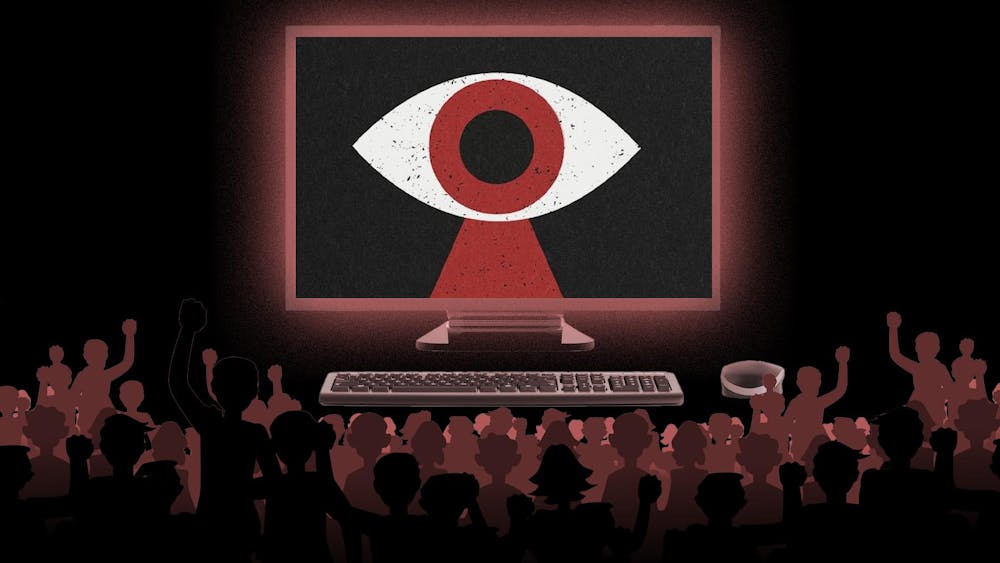
Last week, fellow columnist Andrew Sveda provided a thorough rebuttal to my claim that religious belief should not influence lawmaking. I am thankful for his engagement but have a few responses that I hope will continue this lively discussion in an amicable manner. Sveda ends his column asking, “Are we christian Conservatives or conservative Christians?” Well, I am a Jewish conservative, so I suppose neither. Sveda’s inclusion of Christianity, while excluding other faiths (or lack thereof), demonstrates the core issue of allowing a single religion to direct our government. A theocratic nation imposes its faith onto others, oppressing its population. In this column, I aim to demonstrate that religion and lawmaking should not mix, deriving my reasoning on rational and theological grounds that such intermingling is counterproductive to both subjects.
Before moving forward, I would like to clarify my original position. I wholeheartedly endorse the using of one’s religion in forming political beliefs. In fact, many of my personal beliefs are informed by my faith and experiences as a Jew. The issue, however, arises when one is able to impose those beliefs onto others. The power of an individual voter is vastly different from that of an elected official. An elected official can utilize his religion as the basis of policymaking and imposing those beliefs onto others that may not endorse such beliefs. That is the issue at hand: whether individuals who hold government positions should separate their religion from their duty to the public. With that said, let us move to the relationship between religious beliefs and lawmaking.
Now, Sveda points out a possible contradiction in my position. He claims that the statement “We shouldn’t impose our morality on others” is itself the imposition of morality onto others. However, this is not my position. My argument is that we should not impose our religion onto others. That is not a contradiction because it is not imposing a religious belief onto others. Nevertheless, the center of this objection is the idea that religion and morality are interchangeable. It is difficult sometimes to separate religion from morality, but there are certainly situations where the distinction is clear. Making murder illegal because it violates the social contract versus because G-d commands it is a good example. Both have the same result, but different modes of reasoning. We should prefer the method of the former, as rationality is accessible by all, whereas a particular religion is not. I can explain the intricacies of the rights one is entitled to and the nature of the social contract in a way that is accessible to everyone. But if I were to explain the wonders of G-d and His words, that is only accessible to individuals who already believe in G-d.
Our government should be one that is accessible to all. I understand that a religion, especially Catholicism, will claim itself as the universal truth, but only those already in the faith will believe it is a universal truth! People have such strong faith that the only way to persuade others to subscribe to the beliefs of another religion is through conversion, which is often forced upon individuals. That is not the situation anyone desires, and we should have a government that focuses on reason, not faith, in the realm of policymaking. Morality is universal, religion is not. Though they can make similar arguments, I would rather be persuaded by reasoning and common values between my peers than coerced to support another’s god. Opponents might claim I am denying their god from them, but I respond that I will not let them impose their god on me. I stand by my G-d.
Another fundamental issue of implementing religion in lawmaking is that it inherently claims that one knows G-d when it is impossible to fully comprehend His will. One might say that my position is irreverent to G-d, but I argue that it is respectful to His mighty nature and that no human can truly understand it. We can read religious texts, discuss interpretations, spend long hours in thought, but we will never comprehend the greatness that is the eternal G-d. How dare we then attempt to not only proclaim we know G-d’s will, but that it involves passing it into law and imposing it on others? History is wrought with examples of individuals misinterpreting G-d’s word and bringing about disaster. America should not continue that trend. Rabbi Jonathan Sacks once said, “Difference is where politics live; but it is where religion transcends.” To bring religion into politics, subjecting it to the mud-slinging and chaos that defines our political system, quite possibly is an affront to the purity and higher-ordered nature of faith.
I fully believe in G-d and respect His will, but also recognize I will never comprehend such complexity. The best one can do is work on achieving G-d’s will through his personal life, utilizing everyday opportunities to act faithfully instead of seeking to impose religion onto others. This is an especially intriguing subject that requires more thought, but I will leave it here for now.
For those who might oppose my position, I leave some questions to ponder. If you are Christian and support using your faith in lawmaking, would your position change if America were majority Jewish or Muslim? Would that then justify passing laws because the Torah or Quran demand it? Another aspect we should consider is that if religion can influence politics, can politics influence religion? If we allow our local congressman to use his faith in his lawmaking, can we object to a priest inserting his political views into that week’s homily?
Religion and politics must be separate for their own sake. Their mixing will only lead to the distortion and downfall of one another. This position is not a matter of putting country before G-d. Rather, it is a recognition that these two spheres of our lives are different issues. Practice your faith through your actions and interactions with others, not in the corruptible sphere of American politics.
Blake Ziegler is a sophomore at Notre Dame from New Orleans, Louisiana, with double majors in political science and philosophy. He loves anything politics, especially things he doesn't agree with. For inquiries, he can be reached at bziegler@nd.edu or @NewsWithZig on Twitter if you want to see more of his opinions.
Don’t impose your religion on me
The views expressed in this column are those of the author and not necessarily those of The Observer.









